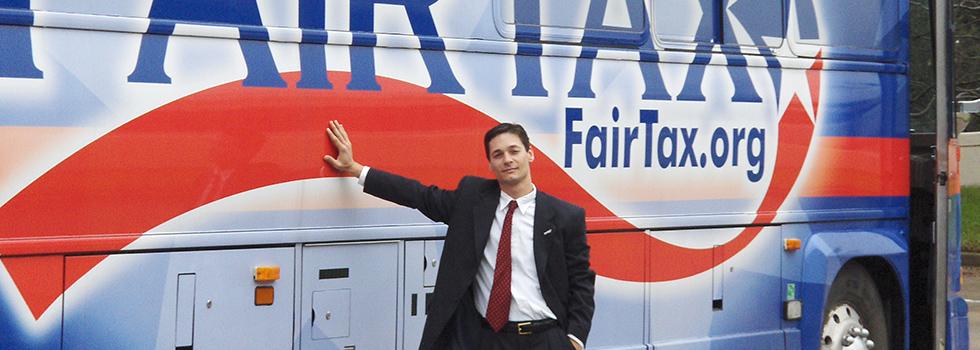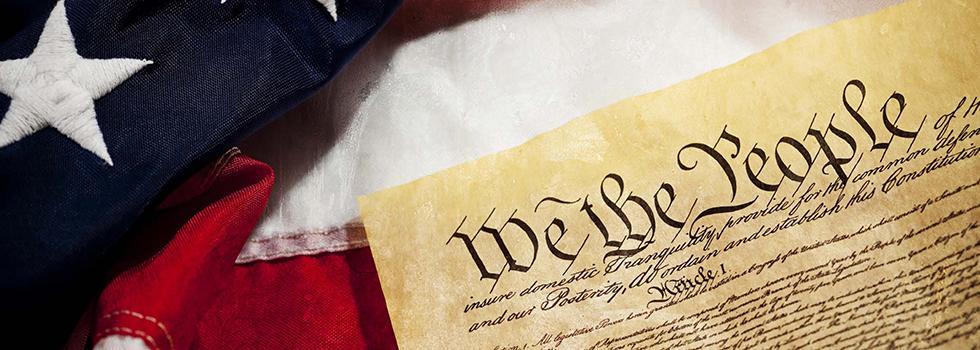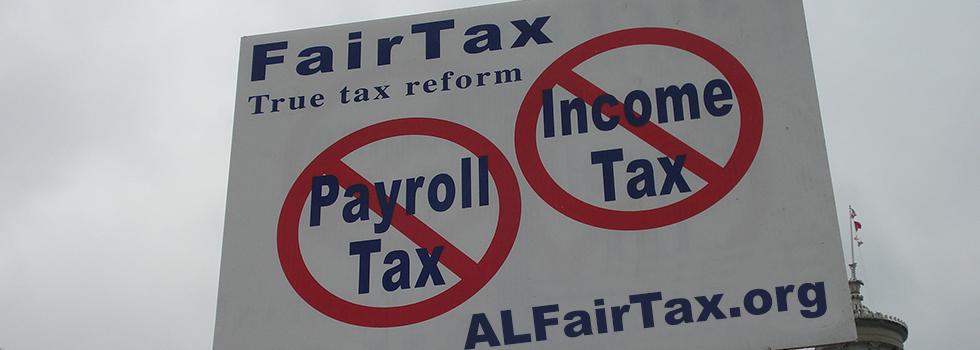This page was updated for introduction of the bill, HB4, in 2020:
The Alabama Economic Freedom Act Plain English Summary
The Act is called the "Alabama Economic Freedom Act (AEFA)." As of Jan. 1, 2022, it repeals all income (including capital gains and corporate), estate and gift taxes and the existing state sales tax, city and county sales taxes and replaces them all with this bill.
Effective January 1, 2022 it replaces the above taxes with a state consumption tax on all goods and services sold at retail. The tax rate is set to be revenue neutral at the level necessary to replace the revenues generated by the repealed taxes.
A single rate 6.5% (of the tax-inclusive sales price) consumption tax is imposed on all retail sales for personal consumption of new goods and services. Exports and the purchase of inputs by businesses (i.e., intermediate sales) are not taxed, nor are used goods or any savings, investment, or education tuition expenses. The consumption tax must be separately stated and charged on the sales receipt. This makes it clear to consumers exactly how much they are paying in state taxes. Real property taxes are not currently covered by this bill.
There are no exemptions under the Alabama Economic Freedom Act, meaning that no lobbyist, corporation, or individual can obtain tax advantages that are not available to the general public. Also, everyone pays the same rate, but those who spend more pay more total taxes than those who spend less.
The Alabama Economic Freedom Act provides every Alabama family with a rebate of the consumption tax on spending up to the federal poverty level (plus an extra amount to prevent any marriage penalty). The rebate is paid monthly in advance. For instance, a single person can spend up to $12,880 per year ($1,073 per month) tax free. A pre-tax rebate (Prebate) of $837 per year, $70 per month is received on or before the first of each month to mitigate that month’s taxes on necessities of life. A couple can spend $25,760 tax free. Their Prebate is $1,674 per year, $1140 per month. It allows a family of four to spend $34,840 tax free each year. The rebate for a married couple with two children is $189 per month ($2,265 annually). Therefore, no family pays state consumption tax on essential goods and services and middle-class families are effectively exempted on a large part of their annual spending. Retail businesses receive an administrative fee for collecting and remitting the tax.
Strong taxpayer rights provisions are incorporated into the Act. The burden of persuasion in disputes is on the government. The taxpayer is considered innocent until proven guilty. Taxpayers are entitled to professional fees in disputes unless the government establishes that its position was substantially justified.
NOTE: See "Understanding the Alabama Economic Freedom Act", upper right of this Home page for more information on the bill.
If you like what you have learned about the AEFA, you may want to tell your state senator and representative what you think about the bill. An easy to use link between you and your legislators can be found here:
www.contactmypolitician.com
It is a two way communications via to help senators and representatives communicate with their constituents. Contact My Politician is a free, easy to use, resource to let your representatives know what you think on subjects that affect you.
- FairTax Announcements
- Understanding the Alabama Economic Freedom Act
08/11/2021 - FAIRtax Chairmanís Report: The FAIRtax Guys
08/31/2019 - Should State and Local Governments pay the Alabama FairTax
12/01/2019 - The FAIRtax Explained
- The FAIRtax Prebate Explained
- Rep. Brooks Calls on Speaker to Grow Economy, Pass FairTax
- Alabama Economic Freedom Act Press Release: 07/22/19
08/01/2019 - The Alabama Economic Freedom Act (AEFA) Plain English Summary
08/03/2019 - Learn more through Lunch and Taxes
02/27/2018 - AEFA Question: Where do embedded taxes come from?
08/03/2019 - FAIRtax Chairman's Report: August 2, 2019
08/02/2019








